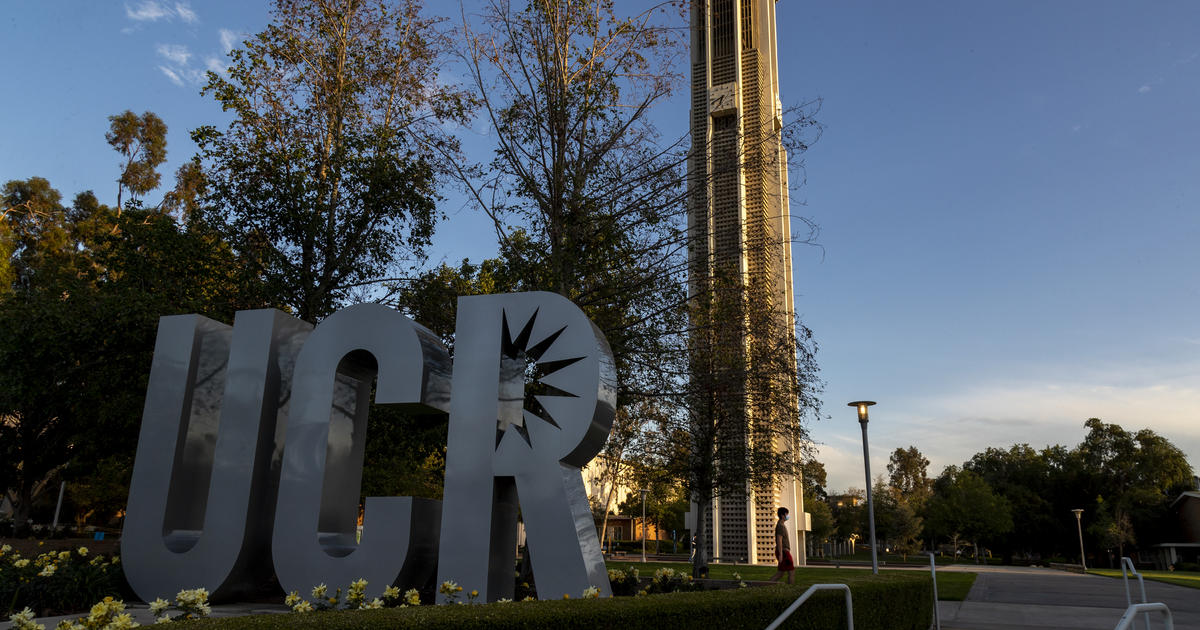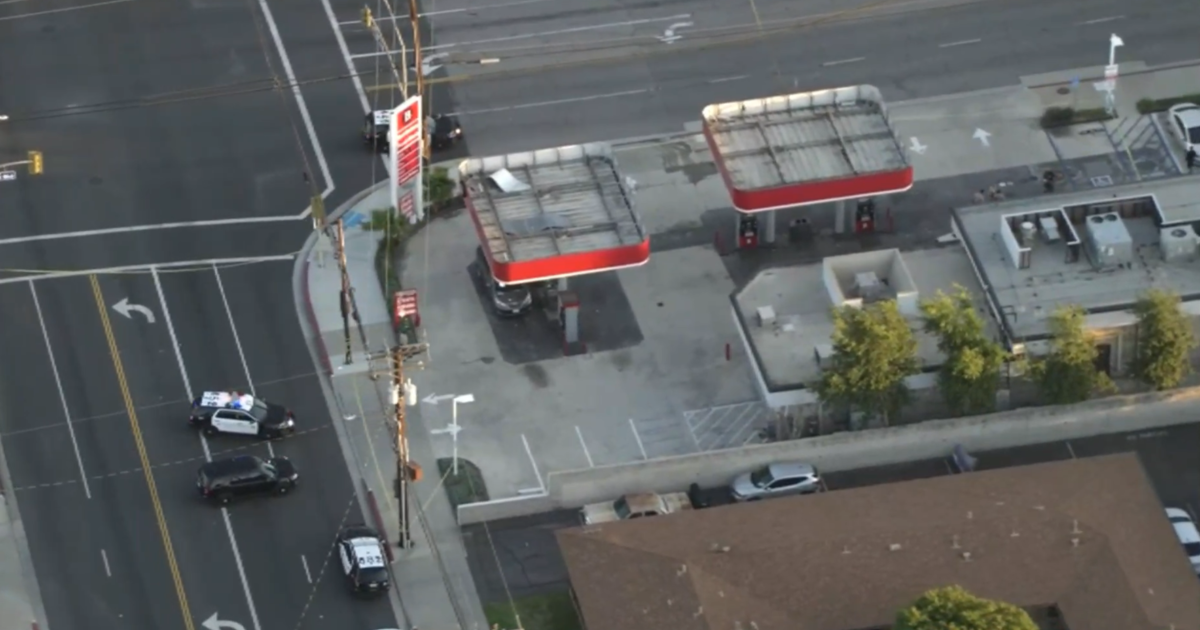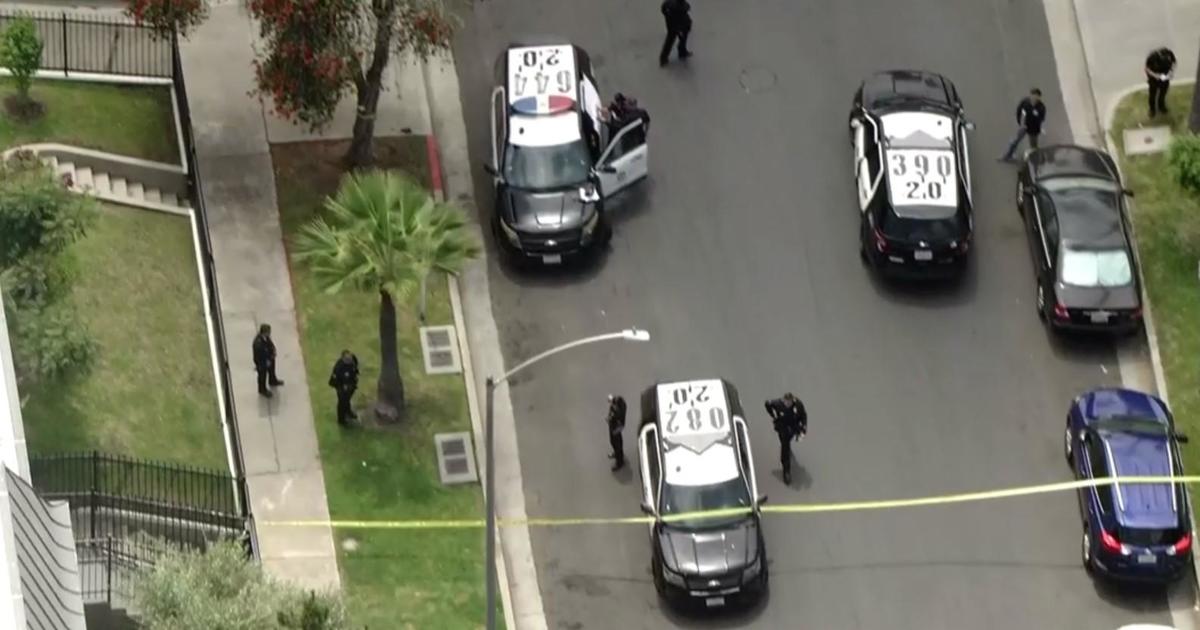New Law Mandates Carbon Monoxide Detectors In Calif. Homes
STUDIO CITY (CBS) — Carbon monoxide detectors are now mandatory in many California homes due to a state law that went into effect July 1.
The Carbon Monoxide Poisoning Prevention Act (Senate Bill 183) requires that residents of single family homes with an attached garage or fossil fuel source install a CO detector.
One carbon monoxide detector is recommended for each level of the home and in each sleeping area.
Carbon monoxide is a tasteless, odorless and colorless gas that can become deadly within minutes. Symptoms of CO poisoning often include dizziness, nausea and headaches.
Failing to install a CO alarm could result in a $200 fine.
Owners of multi-family leased or rental homes and apartments have until Jan. 1, 2012 to comply with the new law.
Safety Tips:
- Install at least one battery powered CO alarm or AC powered unit with battery backup on each level of your home and near sleeping areas
- Have a licensed professional inspect the heating systems and other fuel-burning appliances in your home annually
- Install fuel-burning appliances properly and operate them according to the manufacturer's instructions
- Have all fireplaces cleaned and inspected annually and keep chimneys clear of animal nests, leaves and residue
- Do not block or seal shut the exhaust flues or ducts used by water heaters, ranges and clothes dryers
- Do not leave your car running in an attached garage or carport
- Be careful not to use ovens or stoves to heat your home
- Do not use charcoal or gas grills inside or operate outdoors near a window where CO fumes could seep in
- Do not use generators and grills indoors during a power outage
- Test all carbon monoxide alarms in your home monthly
- Do they use the most accurate sensing technology?
- Do they need new batteries?
- Replace CO alarms every 7 years
For a list of recommended detectors, visit the Home Depot online.
For more on the new law and the dangers of carbon monoxide, click here.



